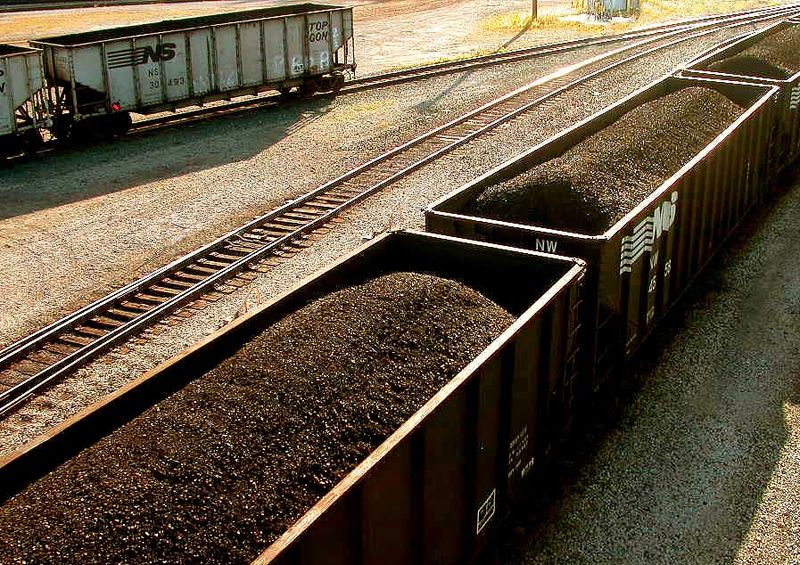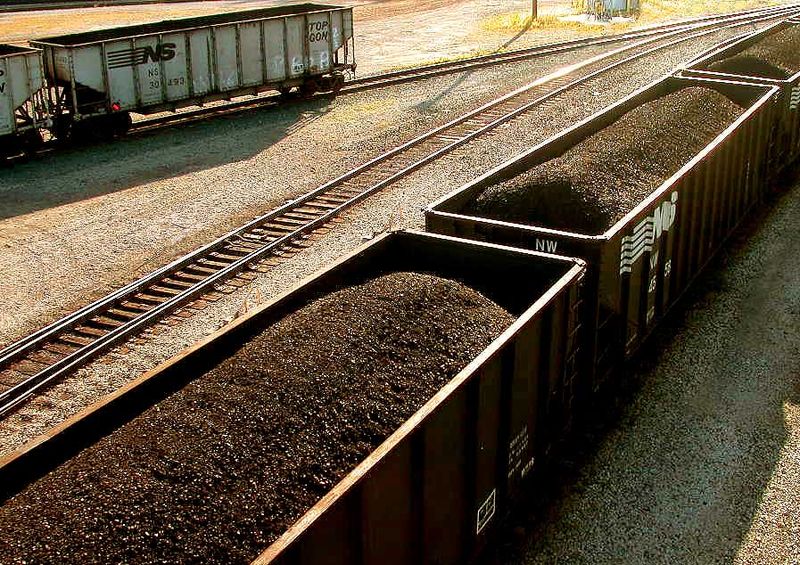When it comes to developing our energy resources, Montanans have grown accustomed to the federal government getting in the way. But as coal development projects in the state move forward, the latest roadblock is coming from right here in Montana. On a recent visit to the Crow Nation, we learned how local opposition to coal exports is impacting one of the poorest communities in the state.
Some cities along rail routes in Montana are trying to limit coal-train traffic, citing concerns about quality of life, traffic congestion, and coal dust. At issue are two proposed coal export terminals in Washington that, if approved, would ramp up coal rail shipments from southeastern Montana to the west coast for export to Asian markets.
The Missoula City Council has passed a resolution asking the U.S. Army Corps of Engineers to expand the scope of its environmental review of the Millennium Bulk Terminal in Longview, Wash., more than 500 miles away. The council wants the agency to consider the impacts of increased coal-rail traffic moving through Missoula. City officials in Helena have also expressed similar concerns over the proposed export terminal.
If successful, the economic consequences of Missoula’s resolution — which ultimately aims to prevent Montana coal from ever reaching a western port — are obvious enough. But as we witnessed on our recent trip with several state representatives to the Crow Nation, such restrictions would be a crushing blow to the impoverished tribe.
The Crow Nation has an unemployment rate of almost 50 percent. Yet the tribe sits on one of the largest coal reserves in the nation, estimated at 9 billion tons. The tribe recently received approval to lease 1.4 billion tons to generate a source of long-term revenue. But according to tribal chairman Darrin Old Coyote, this opportunity depends largely on the construction of new export facilities in Washington.
Most of the tribe’s revenue come from coal development, but federal regulations and changing market conditions are making it harder for the tribe’s coal to supply the domestic energy market. In September, the Environmental Protection Agency issued strict limits for new coal-fired power plants, and the agency has more regulations in the works for existing coal plants.
At a September meeting between tribal leaders and U.S. Sen. Jon Tester, D-Mont., and Maria Cantwell, D-Wash., in Missoula, Old Coyote put it simply: “The war on coal is a war on our families and our children.”
In a letter to Missoula city council members last month, the tribe urged the city to consider the impacts of their action on the Crow tribe. Restrictions or delays on coal exports would limit their ability to provide jobs, education, and other services to its 13,000 members.
“For the Crow people, there are no jobs that compare to a coal job — the wages and benefits exceed anything else that is available,” wrote Old Coyote. “All of this tribal revenue and employment income will be immediately circulated and multiplied within the economy of southeastern Montana.”
The city has voiced concerns that coal dust from passing trains is harming its residents. But a study conducted last year by the Missoula City-County Health Department found only negligible traces of the dust and determined it was not a significant contributor to local air pollution. And concerns over global emissions neglect an unfortunate reality: If Montana can’t export the coal, other suppliers will.
Expanding the scope of an environmental review in Washington to include rail shipments through Montana is unprecedented. The Army Corps denied a similar request from Missoula earlier this year. For the sake of the Crow Nation and the rest of Montana’s vibrant energy industry, the agency would be correct to deny this request as well.
Shawn Regan is a research fellow at the Property and Environment Research Center in Bozeman. Fred Thomas, R-Stevensville, is a state senator.
Related articles:





